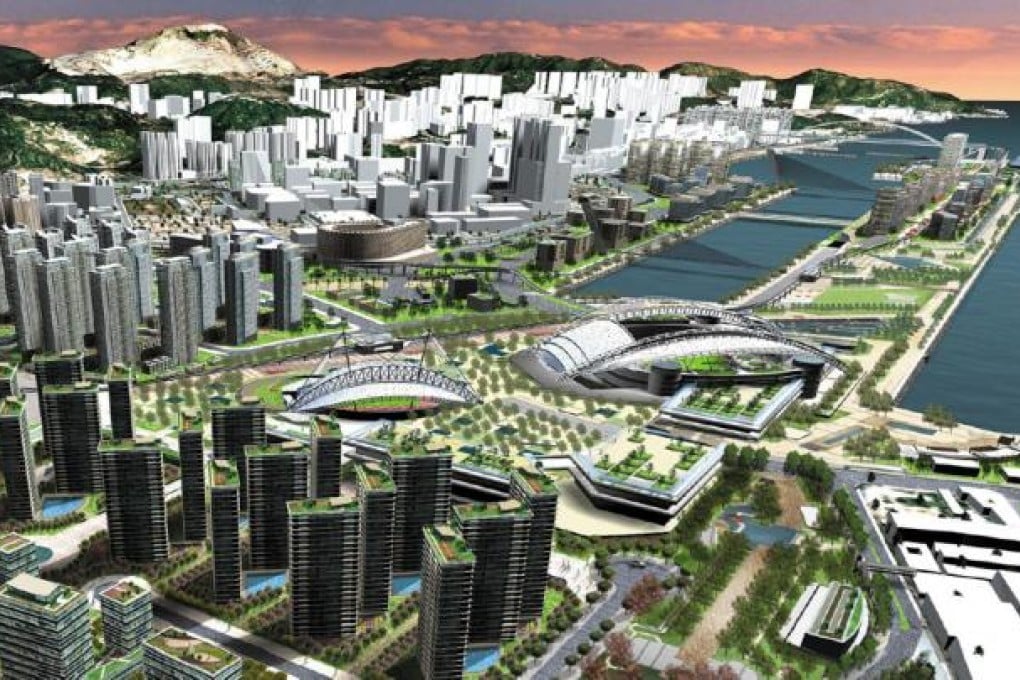
Supplying more land to meet housing needs is easier said than done in a small city like Hong Kong. Having pledged to provide adequate affordable housing for the people in his election campaign, Leung Chun-ying finds himself under pressure to deliver. The move to review the land use decided by his predecessor at the former Kai Tak airport is, therefore, understandable.
That said, any changes are likely to upset the stakeholders. The suggestion of removing a world-class sports complex at Kai Tak to make way for more housing understandably upset the sports sector. Ending days of speculation, Chief Secretary Carrie Lam Cheng Yuet-ngor finally sought to clear the air. She confirmed that the government had had preliminary discussions on the sports venue but it would be difficult to produce a large number of flats on the particular site designated for the stadium. The original plan would go ahead.
We do not know when the government decided to stick to the original plan. But it would have been helpful had officials clarified their position earlier. The development project at the 320-hectare site was sealed by former chief executive Donald Tsang Yam-kuen in 2009 after a long public consultation process. We were told the site would have more green space, less densely packed housing blocks and a world-class sports complex. It is not surprising that the sports sector saw a land-use review as a breach of promise. It also raises questions over the government's credibility and policy continuity. Given its low public support, the last thing the government wants is to stir up unnecessary trouble.
The search for more land for housing remains an important task. The controversy speaks volumes about Leung's difficulty in meeting the challenge. On the one hand he needs to take a more proactive approach to boost supply. But if it involves reviewing decisions made by his predecessors, he risks being accused of overturning public consensus and upsetting vested interests.
Social circumstances change and government policies are not cast in stone. There is no reason why projects cannot be sent back to the drawing board in light of the prevailing situation. But it is imperative that the government thoroughly consult stakeholders if changes are to be made. If there are overriding reasons to overturn decisions made by the previous administration, officials have to follow the standing procedures and put up a convincing case. Justification is essential.
